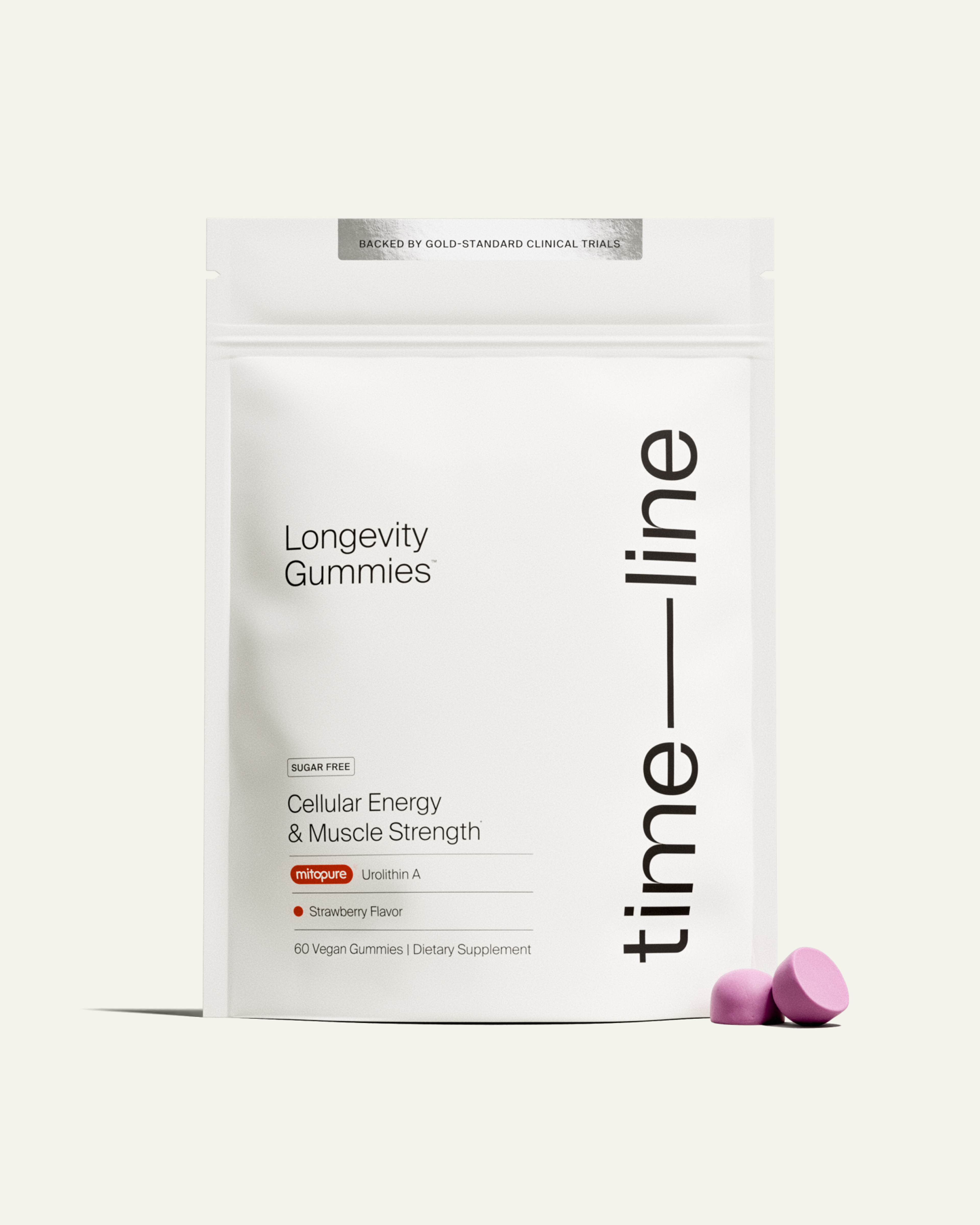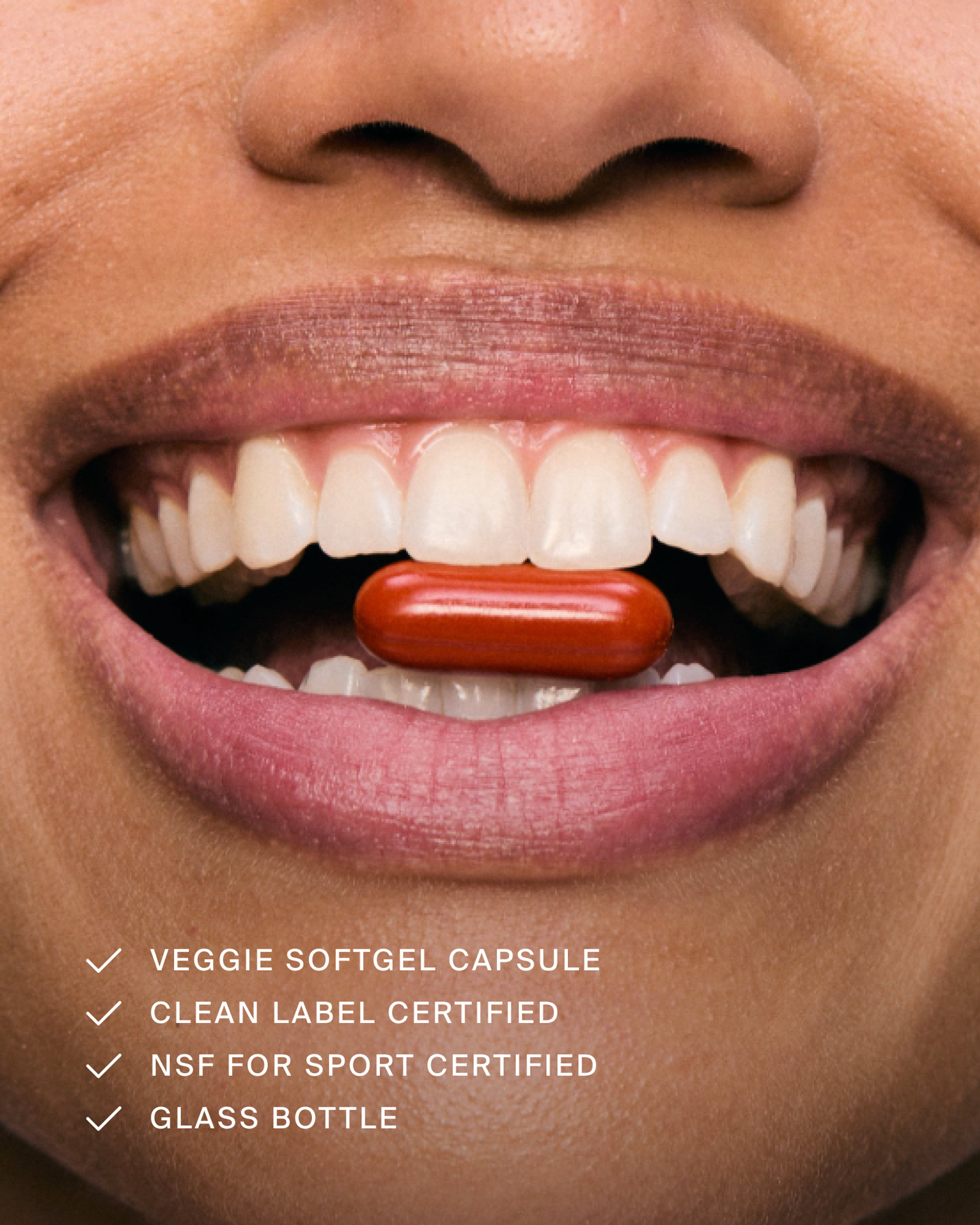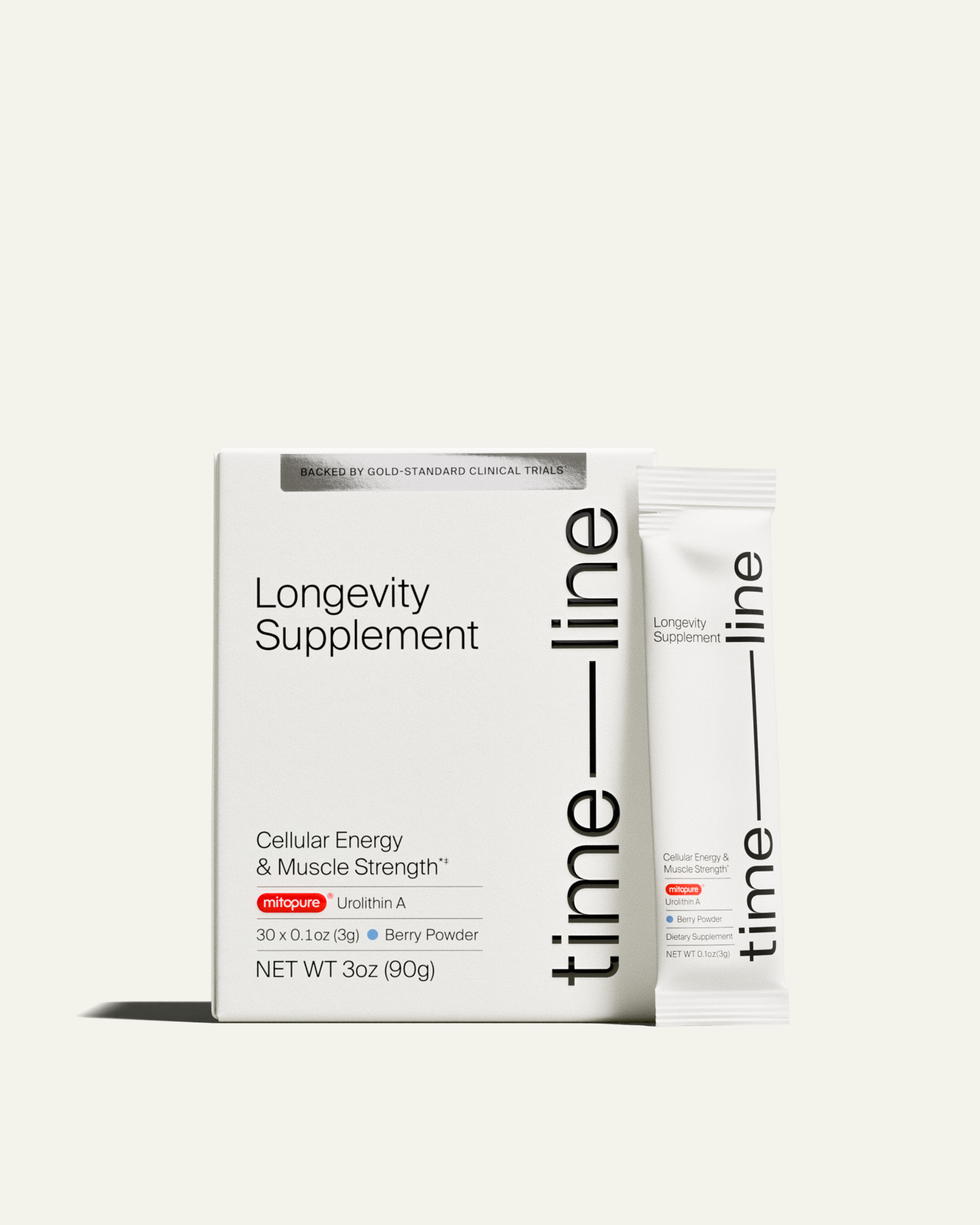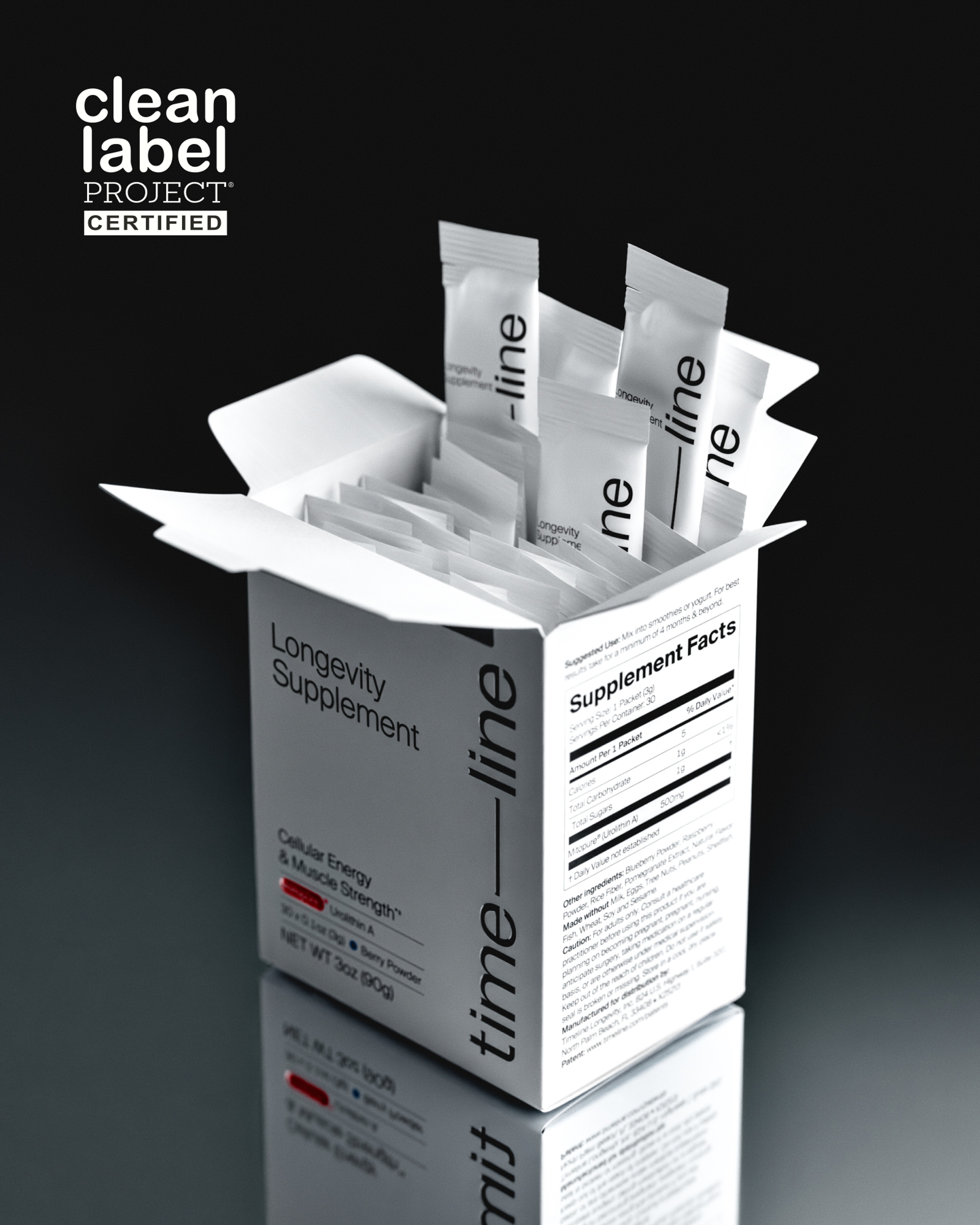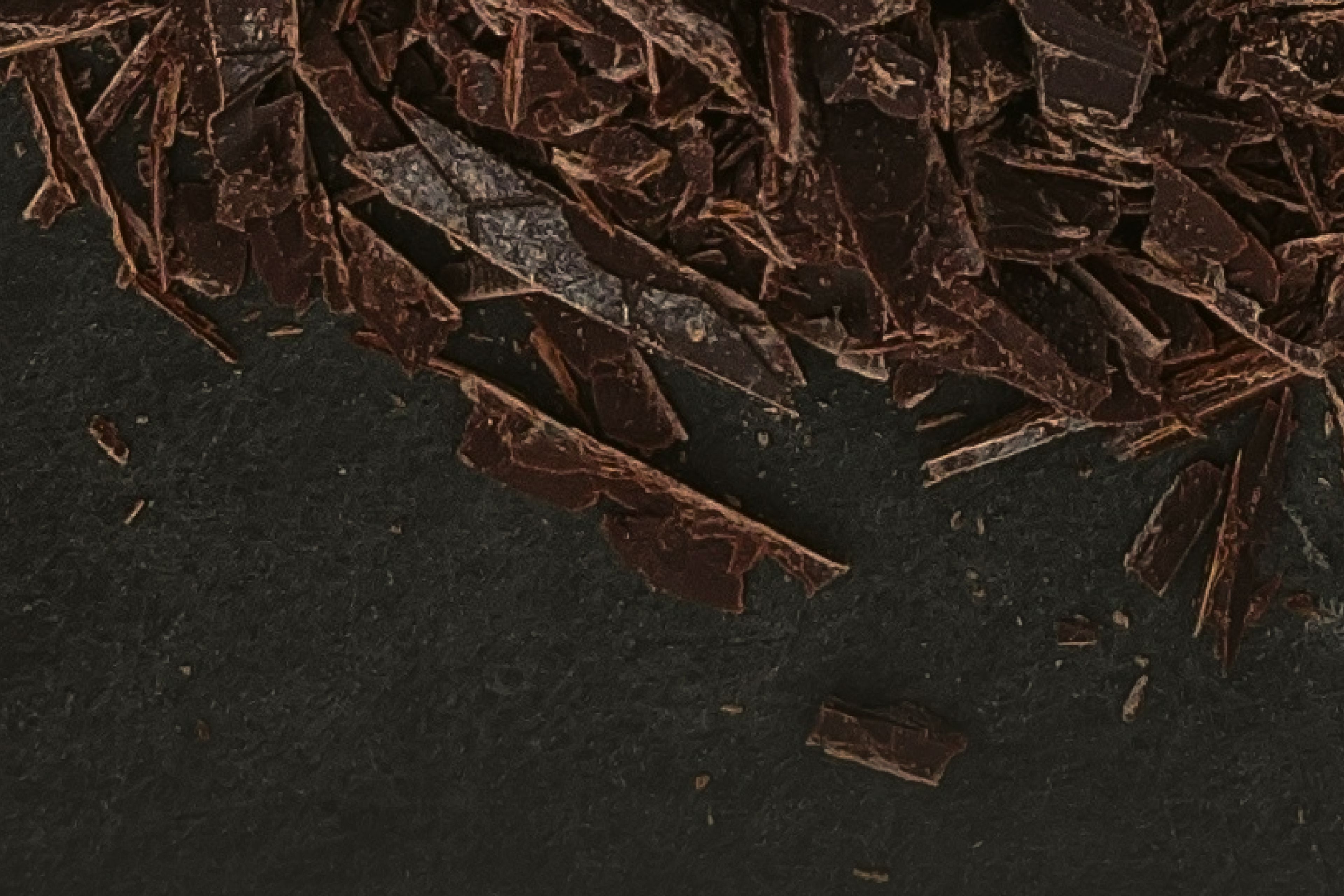Nutrition Essentials to Boost Muscle Growth and Strength
Nutrition is paramount to muscle building. Learn the right carb-protein and fat ratio for muscle gain and the best supplements for muscle strength.
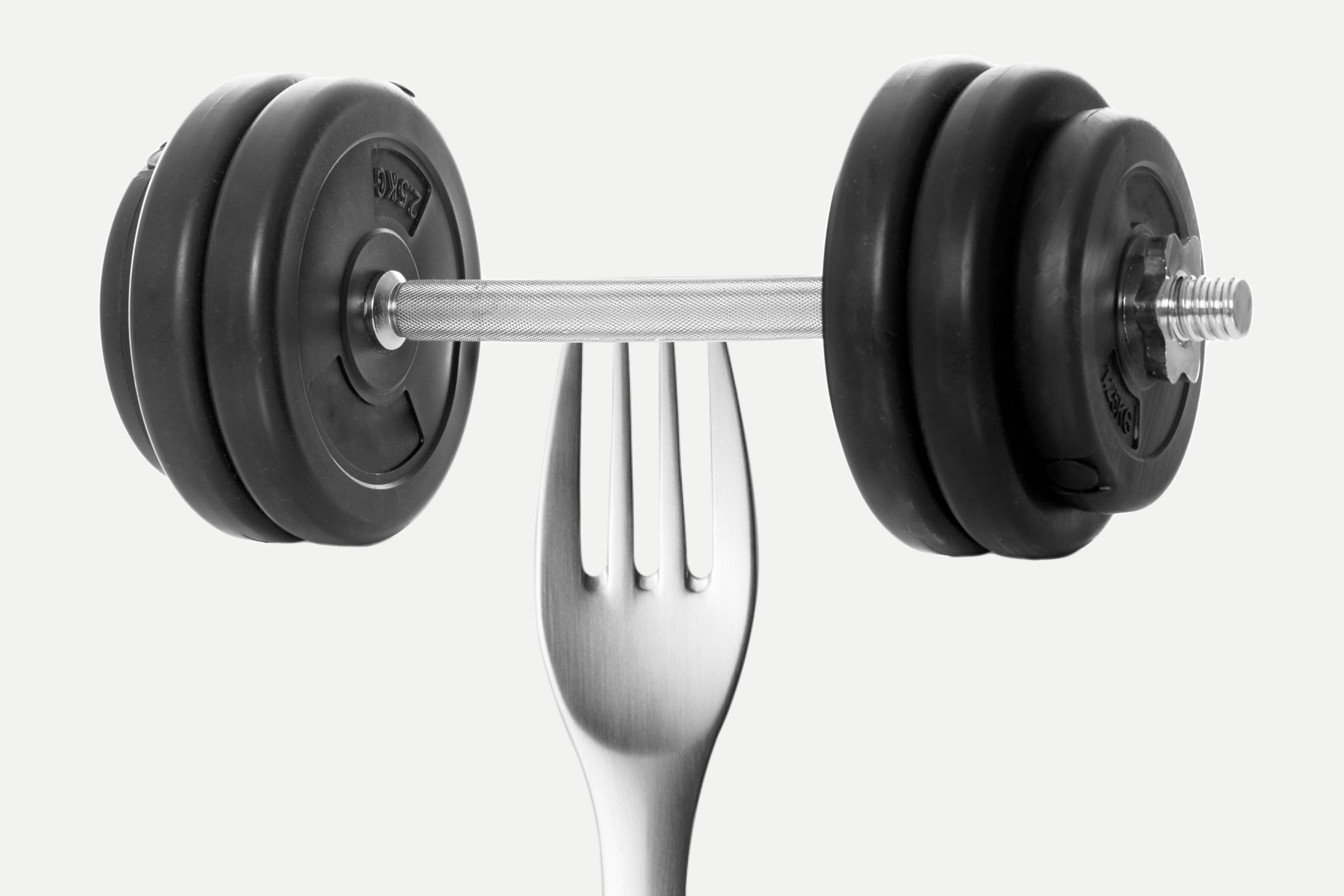
What to know
Sports nutrition is a tool that can be used to optimize health and physical performance.
Muscle growth and gaining strength involve a combination of proper nutrition, exercise, and quality supplements.
The macronutrients essential for muscle growth are proteins, carbohydrates, and fats. We need them in certain amounts for balance and to properly fuel muscles.
Certain supplements can further support muscle health, including protein powder, creatine, and Urolithin A (Mitopure®).
Achieving muscle growth and increasing strength not only requires consistent fitness habits but also a specific nutrition strategy. As the common saying goes, it’s true that “abs are made in the kitchen.” But when it comes to nutrition for muscle building, it’s not just about upping your protein.
Understanding your carb, protein, and fat ratio for muscle gain and how calories and muscle growth are related can help you maximize your nutrition, increase your energy, and build more lean muscle.
Eating the right proportions of macronutrients (i.e., protein, carbs, and fats) also supports proper recovery, so you can get back to your workouts sooner and experience faster results.
If you’re at a muscle-gaining standstill, let’s dive into how to eat to build muscle and the best supplements for muscle growth to complement your routine.
What are Macronutrients?
Macronutrients, or “macros” for short, are simply the nutrients your body needs in large amounts for optimal health.
The three necessary macronutrients are protein, carbohydrates, and fat. And when it comes to building muscle and optimal sports performance, all three macros matter. They each serve different purposes, but protein, carbohydrates, and fats all work together to help fuel your muscles, improve your endurance, and aid in recovery.
Before you can determine how to break down your macros, you need to figure out your daily calorie needs.
How Many Calories Should I Eat to Gain Muscle?
If you’ve tried losing weight or are used to lowering your calorie intake in the past, you may be in the mindset that fewer calories are better. However, if you’re aiming for muscle growth, you need to consume enough calories for energy to fuel your muscles.
This may take a bit of a mindset switch, but it is entirely possible once you start to see the results it brings.
You may be wondering, “how can I increase my calorie intake to build muscle?” To start, it’s helpful to know your baseline calorie needs for weight maintenance. Many online resources offer calorie calculators, such as this one from Mayo Clinic.
Your calorie needs to build muscle are typically 5-10% higher than your baseline needs. For example, if your maintenance calories are 2,000 per day, then you would increase to 2,100-2,200 calories per day.
Of these total daily calories, you’ll want to be strategic about where the calories are coming from. Incorporating the right proportions of protein, carbs, and fats is key to meeting your fitness and body composition goals.
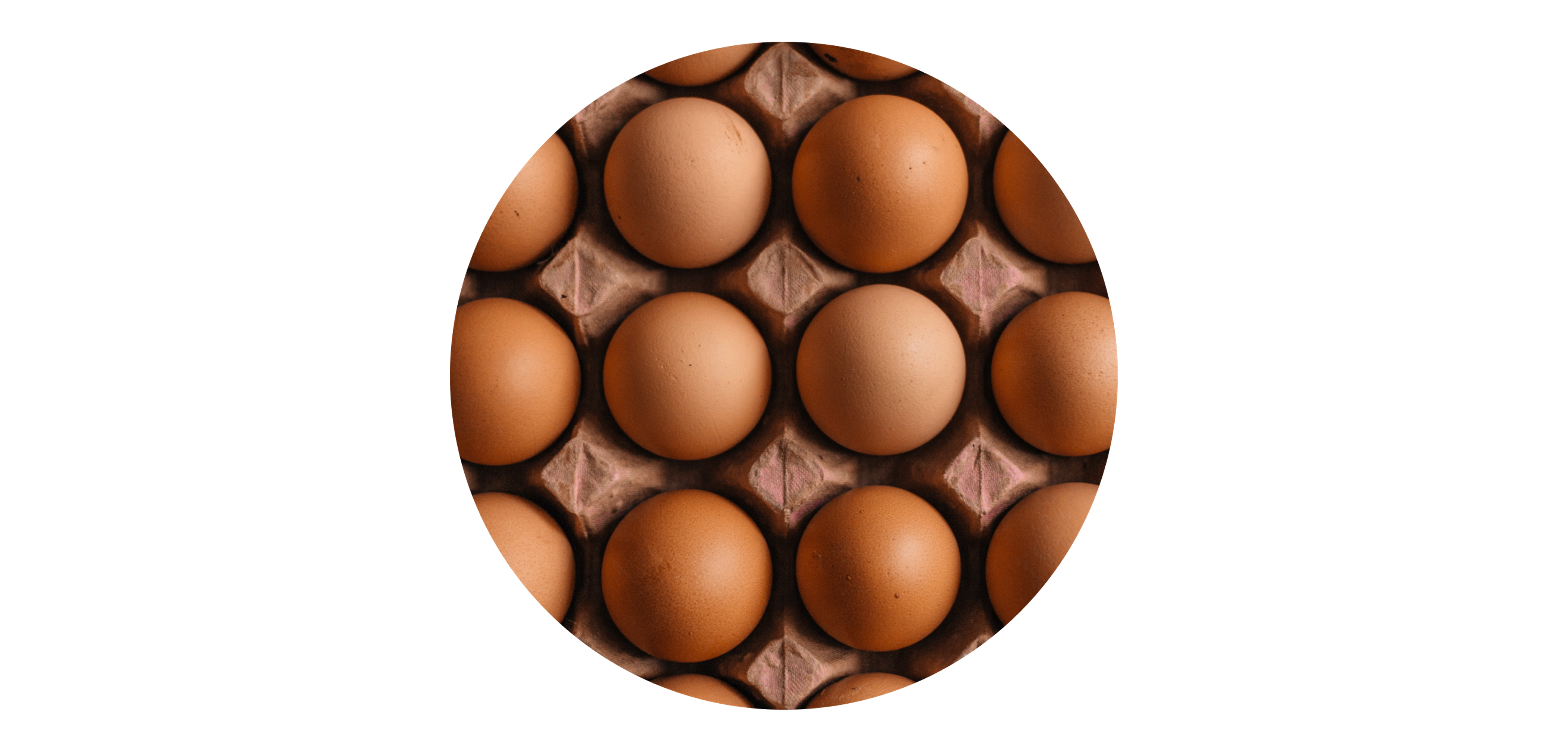
Daily Protein Intake for Muscle Growth
Getting the right amount of high-quality protein throughout the day and at each meal helps support muscle growth. This may involve a combination of high-quality protein foods and supplements for muscle health, such as chicken, tofu, and/or whey protein powder.
How much protein should I eat to build muscle?
Research shows at least 1.6 grams/kg/day and 0.4 grams/kg/meal is required to promote muscle gain.[1] Furthermore, the American Dietary Guidelines recommend that protein intake should be between 10-35% of your daily calories.[2] To build muscle, your protein percentage should be on the upper end of this range.
How much protein should you eat per meal? Your target will likely be between 20-40 grams per meal, depending on your total protein need and how many meals you typically eat per day.

Carbs for Building Muscle
Yes, carbs are also an important component in the muscle-building equation! Carbohydrates serve as an energy source for your working muscles and are your body’s primary source of immediate energy during those workouts for muscle gain.
Getting enough carbs throughout the day also helps reduce muscle protein breakdown and enhances the recovery process. When you consume enough carbs, you also build up your body’s glycogen stores.
You can rely on these stores during more intense or longer-duration workouts.
How many carbs should I eat to build muscle?
According to the latest 2020-2025 Dietary Guidelines for Americans, carbohydrates should make up 45-65% of your total daily calories.[3]
The International Society of Sports Nutrition recommends that you consume a minimum of 5-8 grams of carbs per kg of body weight each day, depending on your fitness level. For strength training, the daily amount is on the lower end, while endurance athletes may need more, upwards of 10 grams/kg.
The exact amount you need may vary depending on your age, weight, and fitness goals, therefore it’s best to consult with a sports dietitian to determine your individual targets.

Healthy Fats for Muscle Gain
The last macronutrient to focus on is fat. While it can often get a bad rap, there are healthy fats necessary for enhancing muscle growth. They fuel your body, help support healthy cholesterol levels and growth hormone production, aid with nutrient absorption, and keep you full.
How much fat should I eat to build muscle?
The level of satiety fat brings can make it easier to stick to your carb-protein-fat ratio for muscle gain and experience optimal results. In general, your fat intake should be between 20-35% of your total calorie intake.[4] Keep in mind that because fat has more calories per volume than protein or carbohydrates, you will need less volume of fat (i.e., smaller portions) to meet this 20-35% of calories.
When choosing the types of fats to include in your diet, go for unsaturated fats like avocado, olive oil and salmon. These healthy fats are anti-inflammatory foods that support your cells and a fast recovery. On the contrary, limiting saturated fats (e.g., fried foods, butter, pastries, chips, etc.), added sugar, and alcohol can also support optimal health and muscle growth.

Supplements for Muscle Strength
While healthy eating is clearly important for muscle health, it’s not always easy to meet the elevated nutrient requirements of your diet. If you’re struggling to get in enough, you may want to consider supplementing your diet with specialized nutrients to optimize your muscle gains.
The three best supplements for muscle strength and endurance are protein powder, creatine, and a postbiotic (byproduct of digestion) called Urolithin A.
Protein powder
Protein powder offers a convenient way to supplement your daily protein needs. Look for powders that have all the essential amino acids needed for muscle growth, are third-party tested (e.g., NSF-certified), and offer a dose of at least 20 grams per serving with low added sugar.
Creatine
Creatine is an amino acid available as a supplement and has been shown to stimulate muscle protein synthesis at a dose of 5 grams per day. [5]Look for a third-party tested option of creatine monohydrate.
Mitopure
Last but not least, Mitopure® is a highly pure, clinically tested form of Urolithin A that has been shown to improve muscle strength, even in the absence of exercise. [6]Urolithin A triggers our mitochondria (the energy center of our cells) to regenerate, which helps provide critical energy to our muscle cells.

Mitopure Softgels
4.5 · 3891 reviews
The simplest form of Mitopure
Bottom Line
By combining regular fitness and resistance training with optimal nutrition and supplements like Mitopure®, you can triple down on your muscle support efforts.
Remember to always consult with your medical doctor and/or a dietitian before starting a new exercise regimen or supplement routine for personalized recommendations.
Authors

Dietitian-Nutritionist, and Health Content Writer

Reviewed by
PhD, RD CSSD
References
- ↑
Schoenfeld BJ, Aragon AA. How much protein can the body use in a single meal for muscle-building? Implications for daily protein distribution. J Int Soc Sports Nutr. 2018 Feb 27;15:10. doi: 10.1186/s12970-018-0215-1. PMID: 29497353; PMCID: PMC5828430.
- ↑
USDA. (2020). Dietary Guidelines for Americans 2020 -2025 . https://www.dietaryguidelines.gov/sites/default/files/2020-12/Dietary_Guidelines_for_Americans_2020-2025.pdf (https://www.dietaryguidelines.gov/sites/default/files/2020-12/Dietary_Guidelines_for_Americans_2020-2025.pdf)
- ↑
U.S. Department of Agriculture; U.S. Department of Health and Human Services. Dietary Guidelines for Americans, 2020–2025. 9th ed. Washington, DC: U.S. Government Publishing Office; 2020. Accessed December 29, 2025. https://www.dietaryguidelines.gov/sites/default/files/2020-12/Dietary_Guidelines_for_Americans_2020-2025.pdf (https://www.dietaryguidelines.gov/sites/default/files/2020-12/Dietary_Guidelines_for_Americans_2020-2025.pdf?utm_source=chatgpt.com)
- ↑
Liu AG, Ford NA, Hu FB, Zelman KM, Mozaffarian D, Kris-Etherton PM. A healthy approach to dietary fats: understanding the science and taking action to reduce consumer confusion. Nutr J. 2017 Aug 30;16(1):53. doi: 10.1186/s12937-017-0271-4. PMID: 28854932; PMCID: PMC5577766.
- ↑
Wu SH, Chen KL, Hsu C, Chen HC, Chen JY, Yu SY, Shiu YJ. Creatine Supplementation for Muscle Growth: A Scoping Review of Randomized Clinical Trials from 2012 to 2021. Nutrients. 2022 Mar 16;14(6):1255. doi: 10.3390/nu14061255. PMID: 35334912; PMCID: PMC8949037.
- ↑
Singh A, D'Amico D, Andreux PA, Fouassier AM, Blanco-Bose W, Evans M, Aebischer P, Auwerx J, Rinsch C. Urolithin A improves muscle strength, exercise performance, and biomarkers of mitochondrial health in a randomized trial in middle-aged adults. Cell Rep Med. 2022 May 17;3(5):100633. doi: 10.1016/j.xcrm.2022.100633. PMID: 35584623; PMCID: PMC9133463.
Disclaimer
The information in this article is for informational purposes only and should not be taken as medical advice. Always consult with your medical doctor for personalized medical advice.
